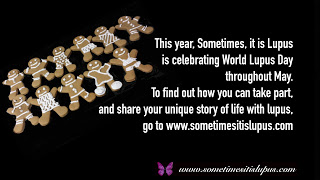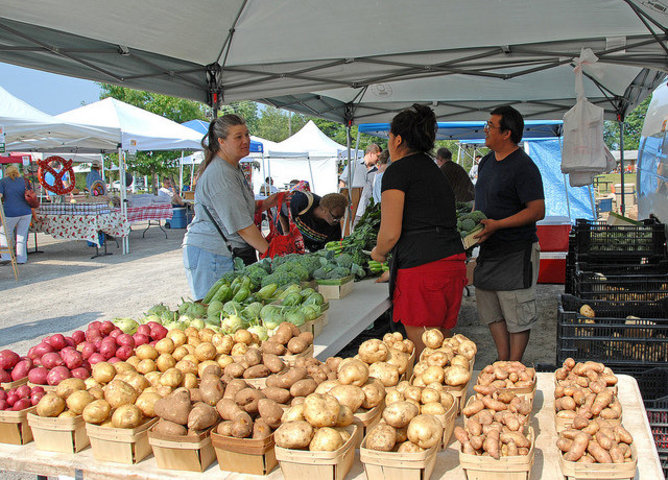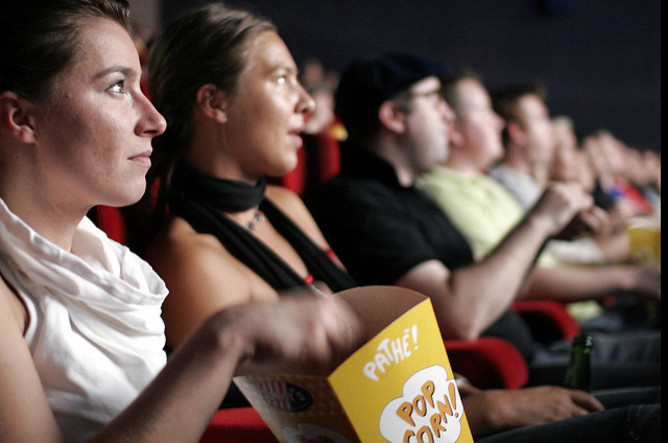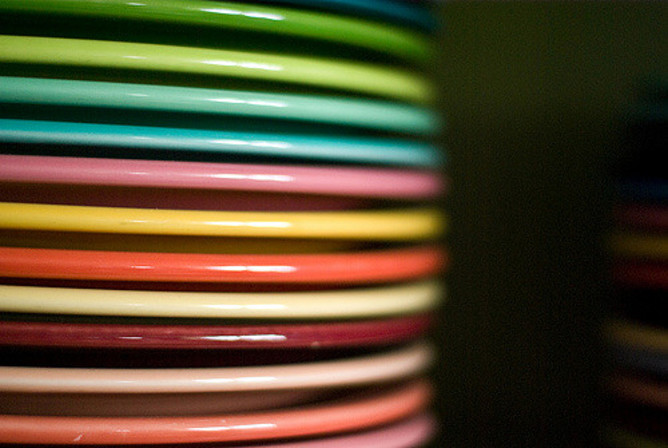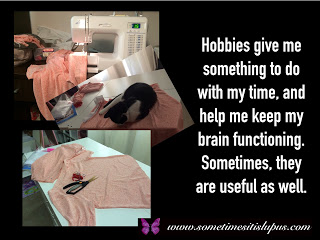 I haven't been on line much these past couple of weeks.
I haven't been on line much these past couple of weeks. Where have I been? I've been visiting the real world. Yes, me, the woman who lives inside your computer and never does anything except talk about being sick. I've been doing things. Without you. Away from your computer.
A couple of weeks ago I told you I was starting to see signs that I was coming out of a flare. It hasn't all been plain sailing since then, there have been a couple of backward steps, but mostly, I've been on a trajectory that sees me getting better bit-by-bit.
So what do I do when I'm not in your computer?
Well, as my energy has improved, I've been able to get out more. I've actually made it to church the past couple of weeks, which has been wonderful. Not being able to get there was one of the things that really gave me a sense of loss.
I missed a few Writers' Circle meetings while I was struggling, but I think I'm back into the swing of that now. And I've joined Toastmasters (yes, the public speaking organisation.) I don't know that I felt any real need of joining a public speaking group per se, but I did want to meet people, and speaking is one of those things that don't take a lot of physical effort or strength.
 |
| I made "Hello Kitty" clothes for my granddaughter, and her doll, and my dog. |
Now I've started on doing some things for myself. It's actually possible to buy clothes for less than the cost of fabric, but those are the kind of cheap clothes that don't last and are made by people in sweat shops that have nets outside the windows to catch workers attempting suicide because that's cheaper than making working conditions bearable.
I'm avoiding one of my favourite hobbies - baking - because, as you know, I'm struggling to lose weight despite taking prednisone.
I haven't got out the paints and brushes yet, but I have rearranged the studio so it's a bit more practical for both sewing and art (as well as writing.)
Well that's me. I wonder what you do when you feel well. How you walk the fine line between being that bit more well, and over-doing it and being sick.
Living with a chronic illness, it's just far too easy to fall into depression, to give up on life. So it's important to do something fulfilling with the good days.
If you haven't thought about it, or haven't yet had a good enough day to try something more than just survive, here's some ideas about what makes a good hobby for a person with a chronic illness.
- Does it take into account what you are able to do?
- Do you feel good while doing or after doing the activity?
- Can it help you feel "useful", or give you a sense of achievement?
- Can you leave it for later if it starts to get too much?
- Does it let you enjoy something you love?
- If like me, you need to lose weight, does it distract you from eating or thinking about food?
- Does it give you a chance to get to know nice people?
- Does it involve people you already like or love?
- Does it engage your mind, and help clear away the fog?
On the other side of the coin, here's some ideas for not-so-good hobbies for someone with a chronic illness.
- Does it push you beyond what know you can do?
- Does it remind you of having lost something you really loved to do, but can't now?
- Does it make a huge mess that you'll be too sick to clean up, which will just make you feel guilty and miserable?
- Does it leave you with the feeling that you've done nothing worthwhile, and you may as well have just stayed on the couch?
- Does it mean you absolutely must meet deadlines, even if you have a few bad days?
Whatever you do on your good days, I hope you find it fulfilling, and I hope and pray you have lots of good days to enjoy.
Want to be part of the World Lupus Day activities at Sometimes, it is Lupus?
Tell Me Your Story http://www.sometimesitislupus.com/2016/01/tell-me-your-story.html (Note: if you have a lupus-related website or social media page, feel free to include the link with your story.)

